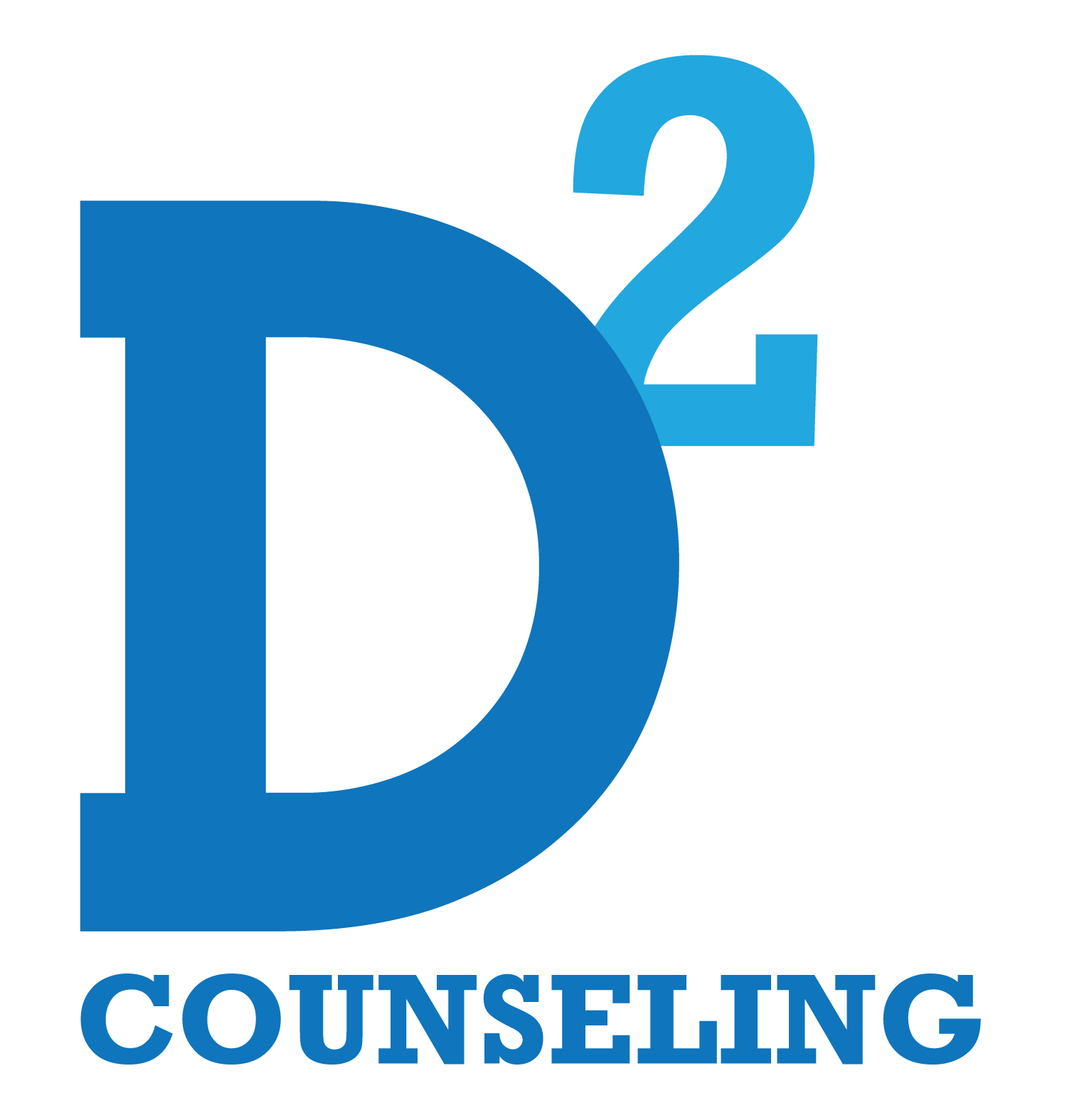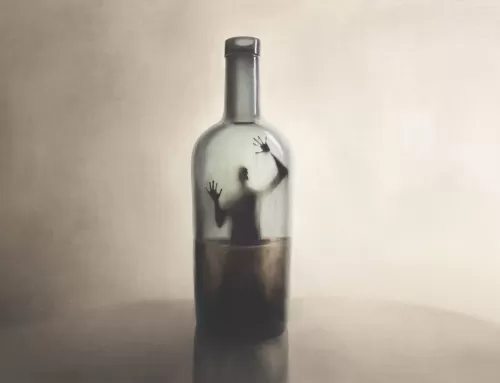Just like you would call 911 for a medical emergency, you can now simply call, text, or chat 988 to reach the National Suicide Prevention Lifeline network. As of July 16th, 988 is the official three-digit code for mental health and suicide crises. The original number for the National Suicide Prevention Lifeline, 1-800-273-8255, will continue to be operational. Callers will be connected with trained counselors who can listen, offer support, and provide more resources.
In addition to making the number easier to remember, it is hoped that this transition will also reduce the stigma around mental health and reaching out for help. Even the loved ones of those who have attempted or committed suicide often carry shame as they try to navigate a frightening and confusing situation. This guilt is ingrained in our society, but it is not too late to change.
The adoption of 988 comes at a critical time for the mental health of Americans. The intersection of the Covid-19 pandemic, opioid epidemic, and a stigma against mental health care has created what the Center for Disease Control and Protection has called “a serious public health problem.” Suicide is now the second-leading cause of death in the United States for those between the ages of 15 and 24.
Several US states have reported an increase in suicides among adolescents since the beginning of the pandemic. Nearly 20% of high school students report serious thoughts of suicide, and 9% have made an attempt to take their lives, according to the National Alliance on Mental Illness. There are many speculated reasons why the pandemic could have affected suicide rates. The loss of a caregiver, virtual classes leading to a lack of social support, financial woes, and an increase in drug usage during a stressful time may be contributing factors.
However bleak the situation may seem, we know that it is possible to positively intervene as a bystander, and the warning signs that someone is considering suicide are well-worth learning. Some warning signs of suicide to watch for are threats or action towards suicide, substance abuse, purposelessness, anxiety, withdrawal, anger, and other mood changes.
As a society, it should become commonplace to pay attention to behaviors that could signal suicidal thoughts by adolescents and adults in each of our lives. We must look inwards, within our own families and circles of friends. In order to become a community working together to stop these tragic losses of life, we must turn to our friends, coworkers, roommates, and family members to look for any changes in how our loved ones are expressing themselves. Eventually, each of our small actions will become a larger movement, replacing the need for articles like this one.
Those in crisis deserve a clear path to resources, including therapists in their community that can offer a range of services. D2 Counseling is able to provide those connections. Whether you’re reaching out for yourself or for someone you care about, D2 can provide and refer treatment and other resources to those struggling.




